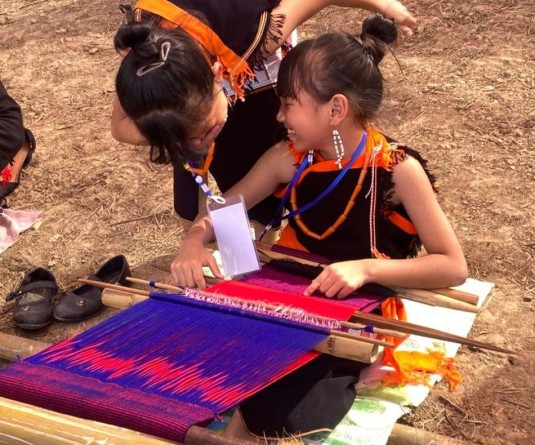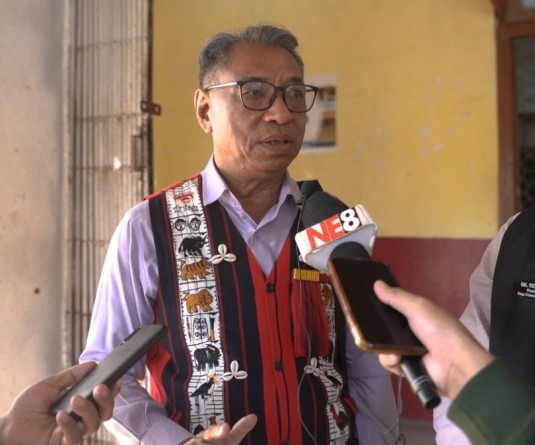
Peren, August 5 (MExN): The Zeliang Students’ Union Nagaland (ZSUN) has strongly opposed the ongoing demand by five tribal apex bodies to scrap the Backward Tribes (BT) reservation policy in Nagaland.
In a statement issued by its President Roland Zeliang and General Secretary Keyinreulu, the Union instead called for a data-driven and equitable review of the policy, grounded in constitutional provisions and realities on the ground. The statement also supplemented the joint counter-memorandum submitted by the student bodies of the Chakhesang, Pochury, and Zeliang tribes on May 23, 2025.
While appreciating the discourse on equitable development and inclusion, the ZSUN stated it “strongly opposes the move to abolish the existing reservation framework.”
Historical misapplication of policy
According to the Union, although the BT reservation policy was introduced in 1977 to uplift underrepresented and backward tribes, it was misapplied and neglected for many years, especially in Grade-III and Grade-IV government appointments. It alleged that recruitment processes were often manipulated, with reservation rosters ignored and appointments made in violation of the policy.
Only with recent interventions by the Nagaland Staff Selection Board (NSSB) and Departmental Recruitment Boards has the policy begun to be implemented correctly, it said.
Clarifying its stand, the Union said it is not against reviewing the policy but stressed that any such exercise must be based on credible data and involve a comprehensive statistical study of BT representation across departments and of socio-economic and educational indicators.
Citing data collected through RTI and other sources, the Union stated that the Zeliang community makes up 3.80% (74,877) of Nagaland’s population but holds only 3.10% (3,220) of state government jobs.
“This is rather surprising that 4% is being reserved for the Zeliang tribe under the BT reservation, yet we are just about 3% of the total Government employees till date,” it noted.
In 15 major departments, only 18 Zeliang employees (1.35%) were found among 1,331 Group D posts and just 4 (1.26%) among 316 driver posts, it added. An analysis of NSSB (Nagaland Staff Selection Board) exam results showed that out of 1,226 posts, 49 Zeliang candidates (4%) were selected through BT reservation, while only 3 (0.24%) succeeded through the unreserved category.
Similarly, in NPSC (Nagaland Public service Commission) recruitments since 2010, 120 Zeliang candidates (3.46%) were selected through BT reservation, and only 22 (0.63%) without it.
“This indicates that without BT reservation, Zeliang tribe would have got only 3 out of 1226 posts (0.24%) and 22 out of 3467 posts (0.63%) in NSSB and NPSC (since 2010) respectively,” it maintained.
Constitutional mandate
The Union cited Articles 335 and 16(4) of the Constitution to argue for continued reservation, stating that the five tribes opposing it already benefit from central quotas.
“It is ironic that while benefiting from central quotas, they seek to dismantle state-level affirmative action,” it said.
It also highlighted underrepresentation in governance, noting that Peren district, with a population of 95,219, has only two MLAs or one for every 47,609 people, while in some districts, one MLA represents about 20,000 people.
This affects equal distribution of the Rs 2 crore annual Local Area Development Fund per constituency, it added.
ZSUN’s way forward
ZSUN urged the government to reject the demand to scrap BT reservation as “unconstitutional, unjustified, and divisive.” Instead, it called for a detailed study on BT representation and development, proper maintenance of roster registers, and consistent application of the policy in all recruitment bodies.
A Reservation Review Commission may be constituted to evaluate and reform, but not abolish, the policy, it added.






